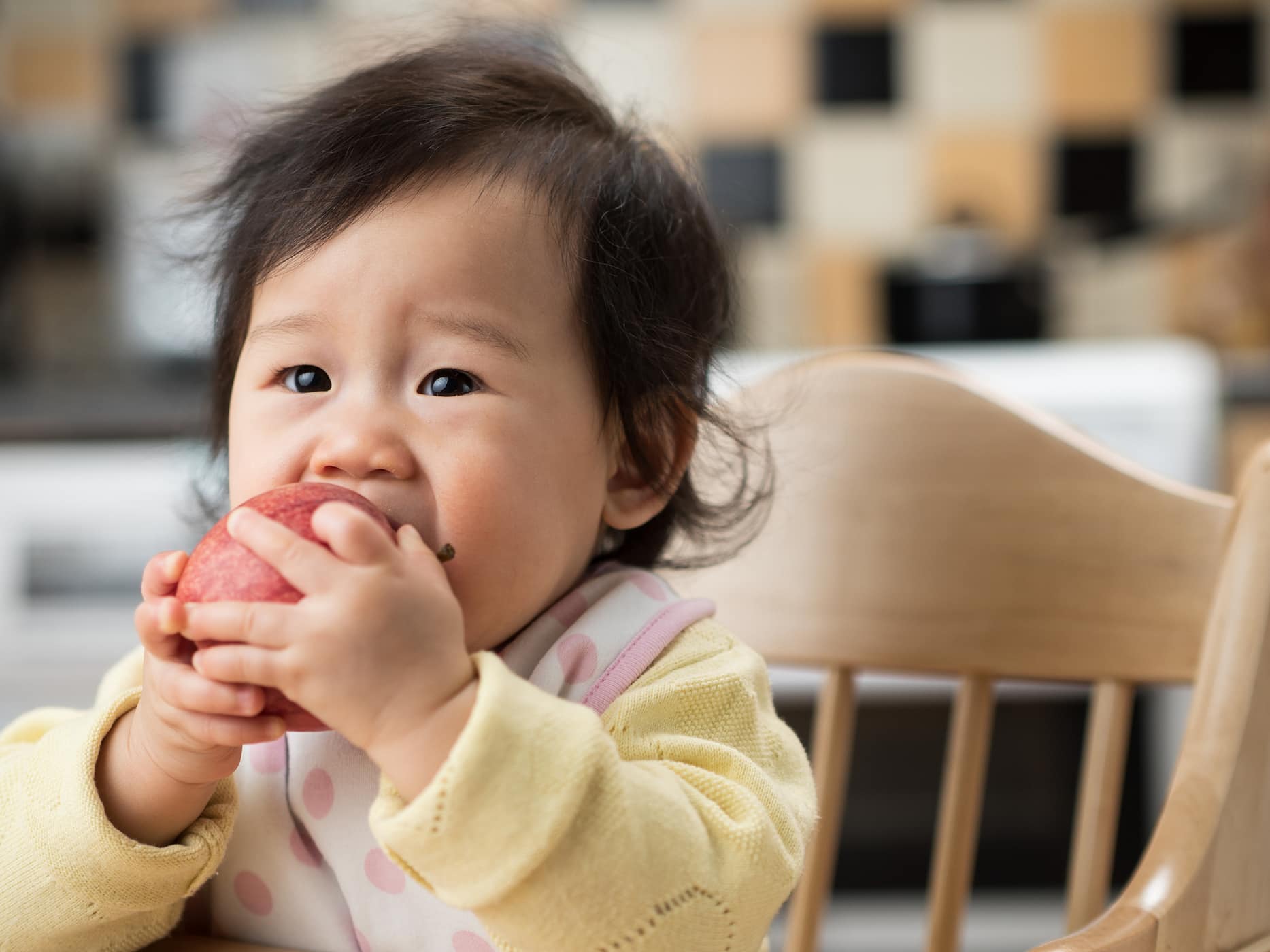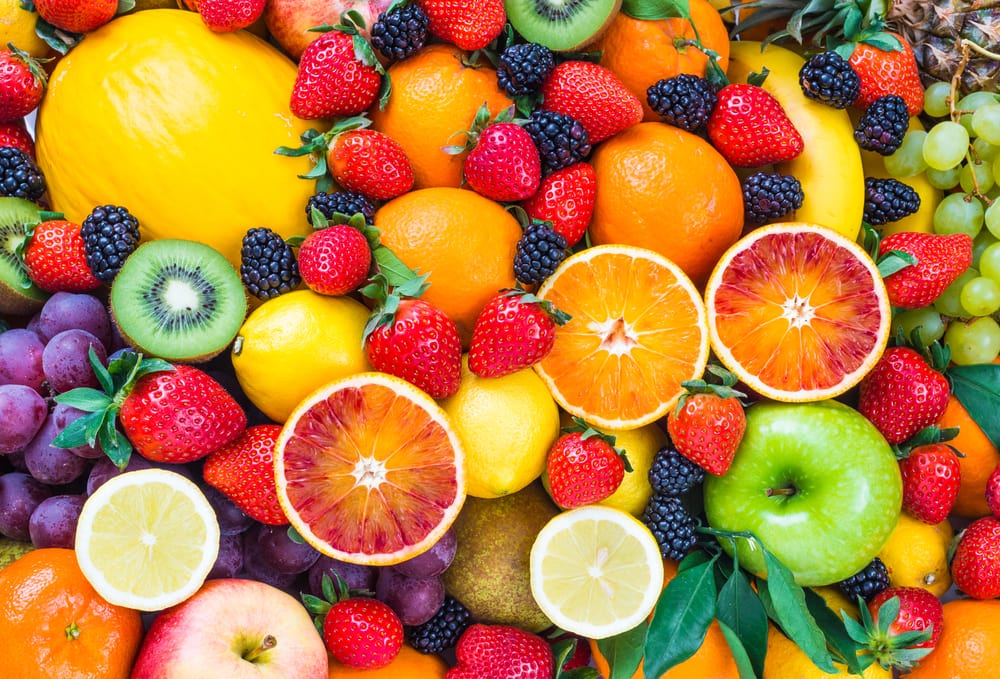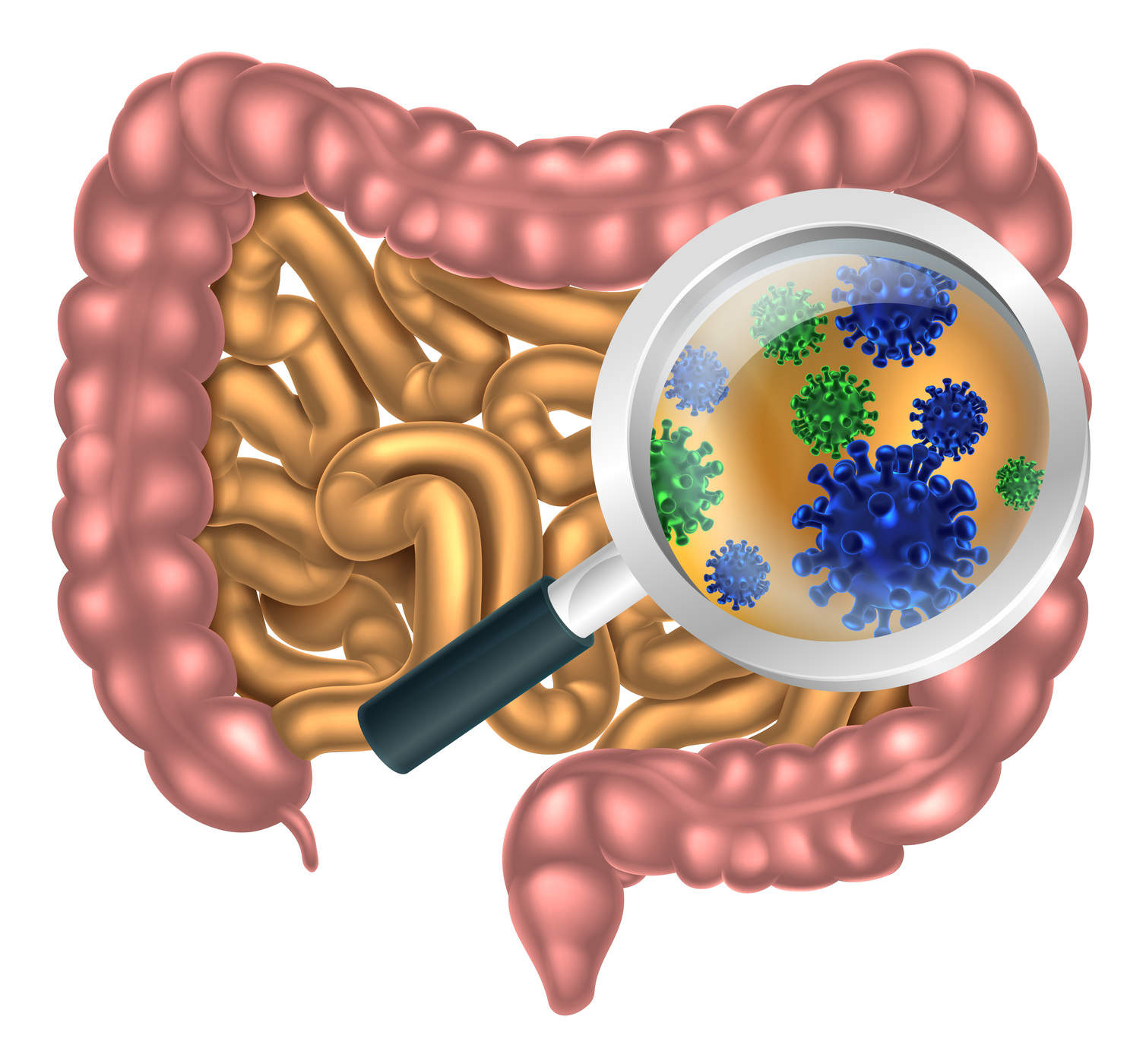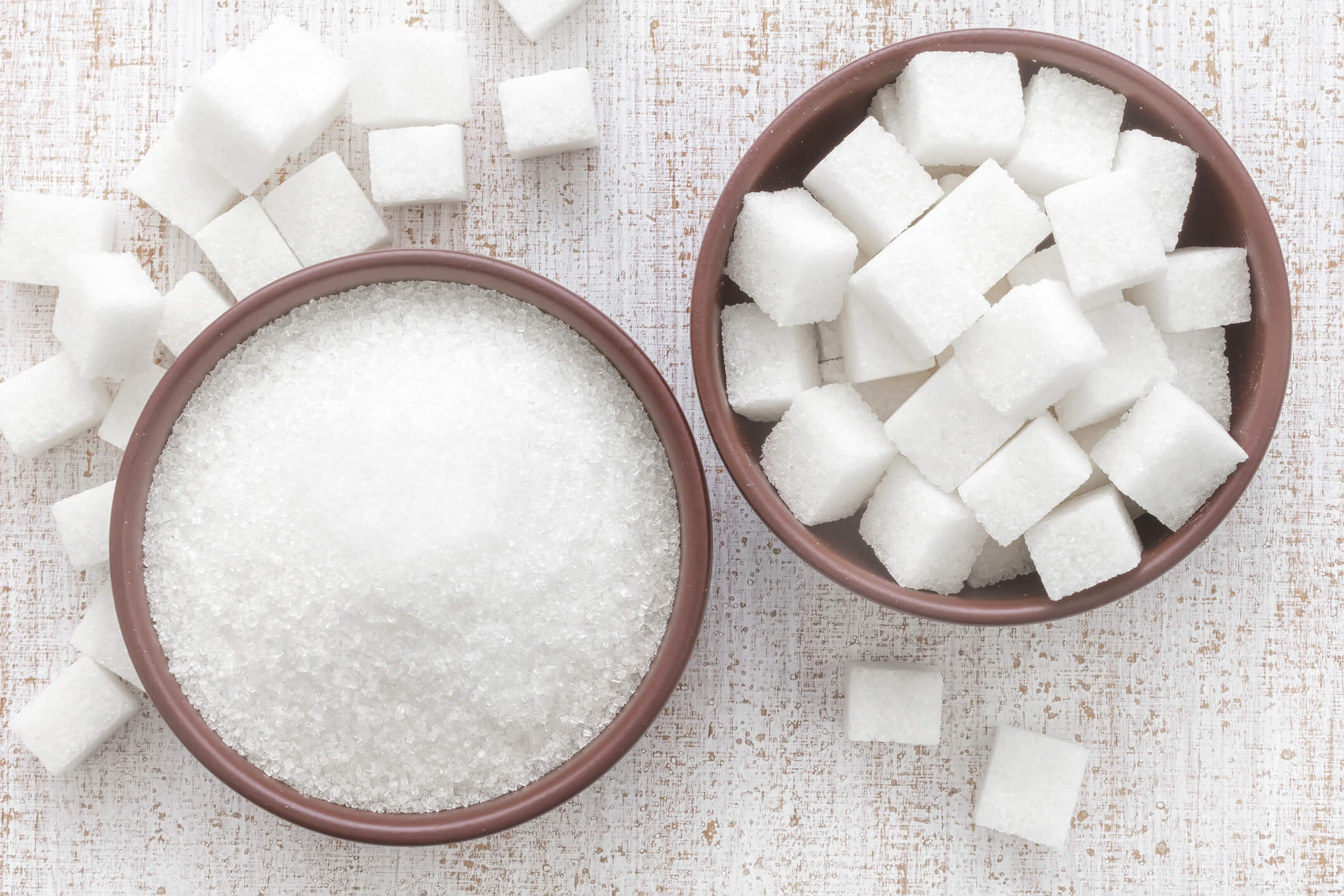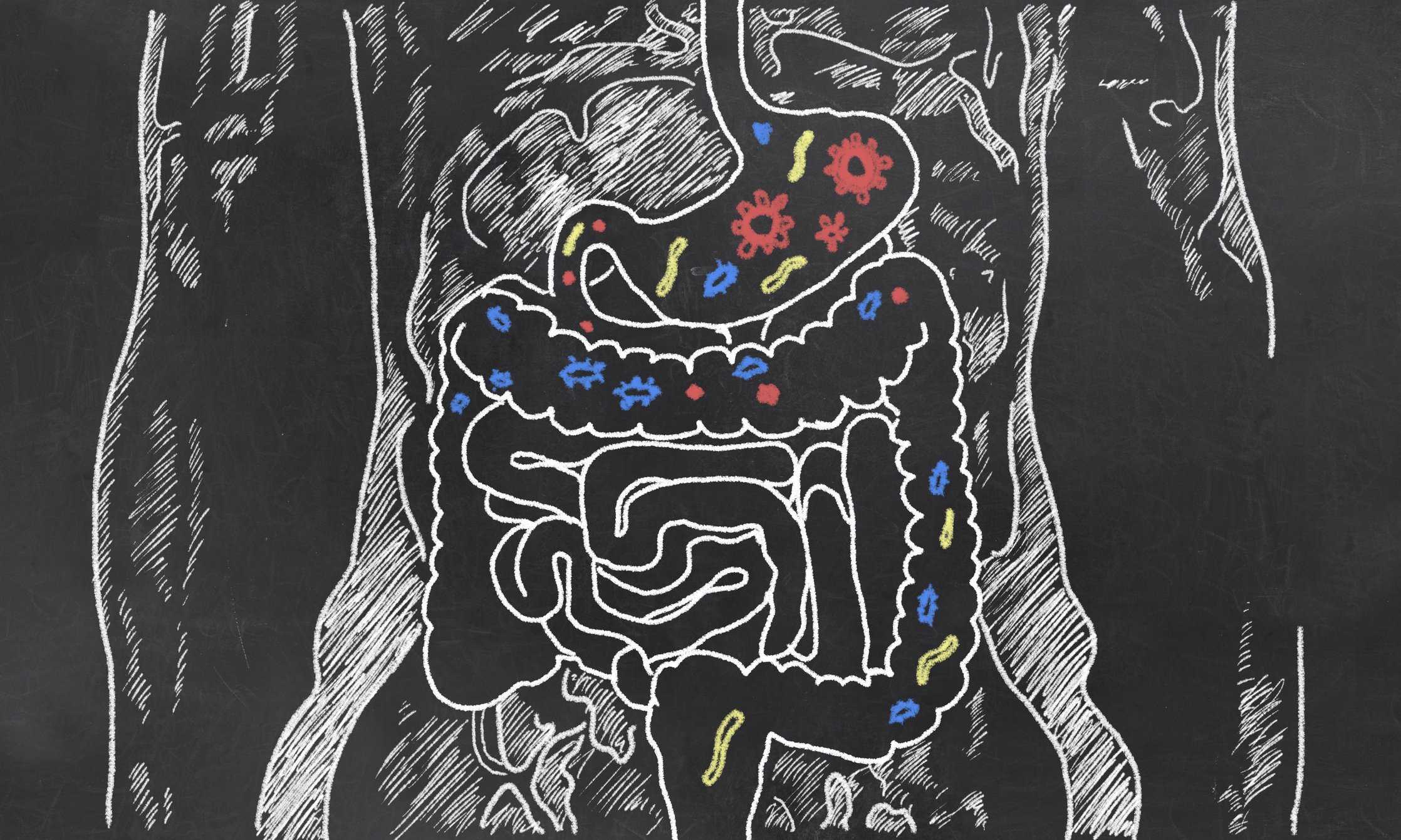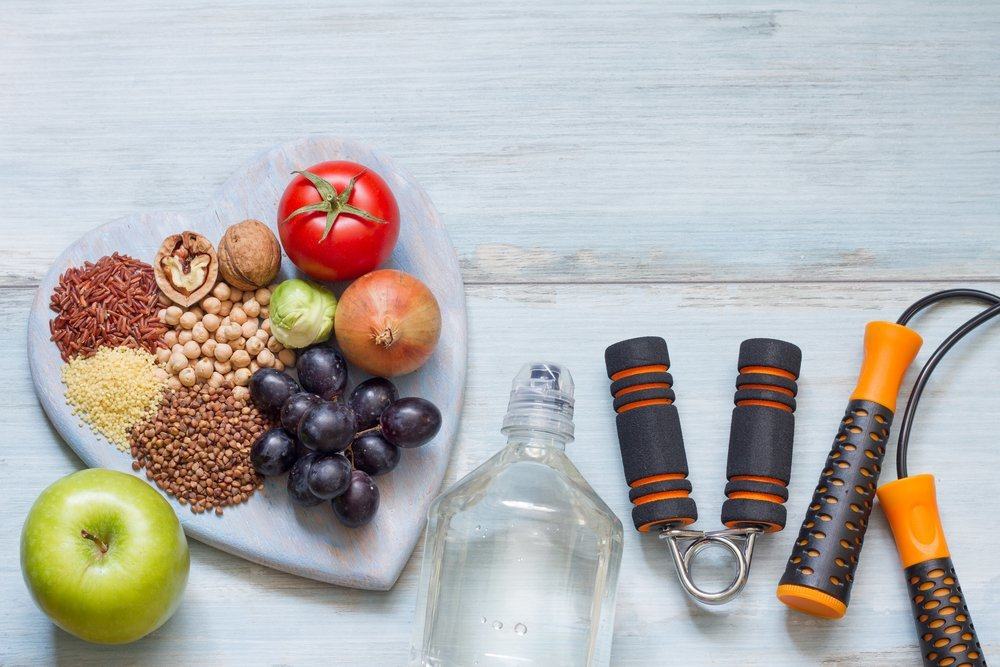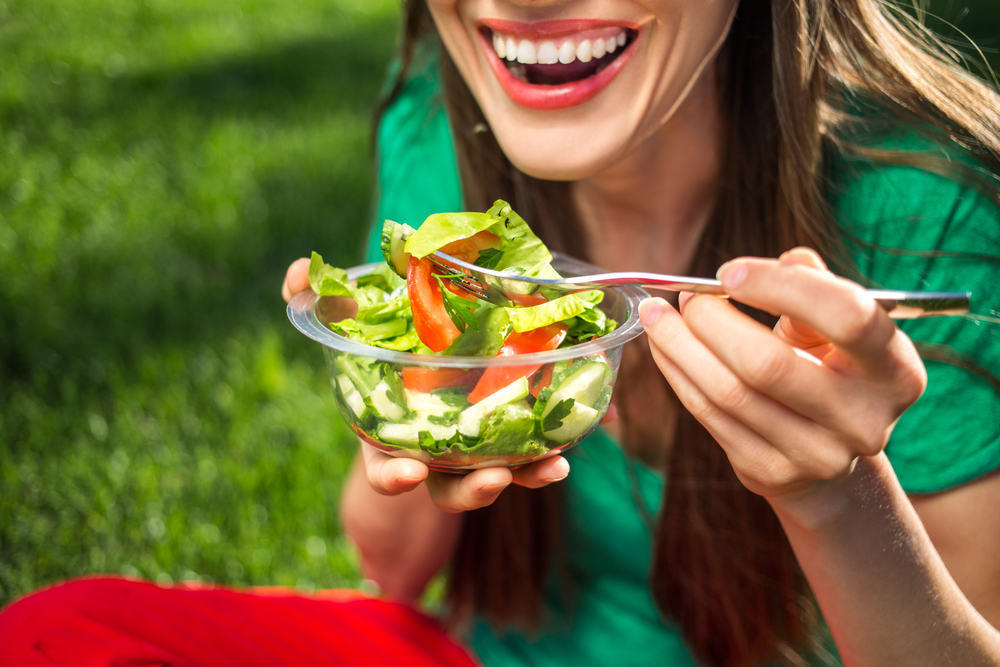Contents:
- Medical Video: Foods to Eat During Pregnancy for Intelligent Baby
- Mother's food during pregnancy affects the child's appetite
- Why would children like the food that mothers eat when they are pregnant?
Medical Video: Foods to Eat During Pregnancy for Intelligent Baby
Many people who believe that what you eat during pregnancy or breastfeeding can affect your child's appetite after birth. It will even be your child's favorite food at birth and later adulthood.
For example, when you are pregnant, you love sweet foods. Later children who are born will also love sweet foods. Is that opinion correct? See the answer here, let's.
Mother's food during pregnancy affects the child's appetite
It is often said that the food you eat while still in the womb or breastfeeding in your mother will be your favorite food as an adult.
Apparently, a study showed that women were indeed able to transmit their preferred eating choices to their children. Both while still in the womb or breastfeeding. This causes children to tend to choose certain foods.
Researchers do research on 46 pregnant women and share them in three different groups. The first group consumed carrot juice during the last trimester of their pregnancy and water during breastfeeding. The second group drinks water during the last trimester and carrot juice during breastfeeding. The third group only drank water throughout the period.
After their baby is born, the researchers give two types of baby cereal. One is made with carrot juice, and one with water. Researchers observed and measured many cereals consumed by babies and recorded the reactions of these babies.
Babies who consume carrot juice while still in the womb and while breastfeeding, eat more cereal with carrot juice than babies who do not feel carrot juice while still in the womb or breastfeeding.
Researchers also observed the expressions of these babies. Babies who are familiar with carrot juice while still in the womb will display the expression as usual. While babies who only consume water show negative expressions when given cereal with carrot juice.
Why would children like the food that mothers eat when they are pregnant?
During the first two months of pregnancy, brain cells begin to branch out from the main part of your baby's brain that grows into various areas, including your baby's mouth. At that time the taste or buds will begin to form where your baby's tongue will be.
This group of receptors is responsible for recognizing sweet, sour, bitter, sour, and umami tastes. During the eighth week of pregnancy, brain cells will be connected to the growing bud. But your baby can't feel the amniotic fluid around him. Your baby still needs small pores or holes on the surface of the tongue that allow food to come into contact with taste receptors that form tastes.
Around the 16th week, these pores will develop. At that moment, your baby will also start swallowing amniotic fluid. When the liquid flows across his tongue towards his digestive system, fluid molecules will interact with the taste buds, and your baby will feel the first taste, which is salty amniotic fluid. The amount of amniotic fluid that is swallowed and the amount of taste it has will continue to increase throughout the second and third trimesters.
To determine whether taste is passed from mother to baby through amniotic fluid, researchers show that aromatic flavors such as onion, garlic, and vanilla contained in breast milk can give children a tendency to like the taste.
What is eaten by the mother can flow to the mother's milk for a maximum of eight hours. So if this food is consumed routinely, of course the effect is also greater. Foods consumed by pregnant and lactating mothers can also cause variations in children's appetite.


